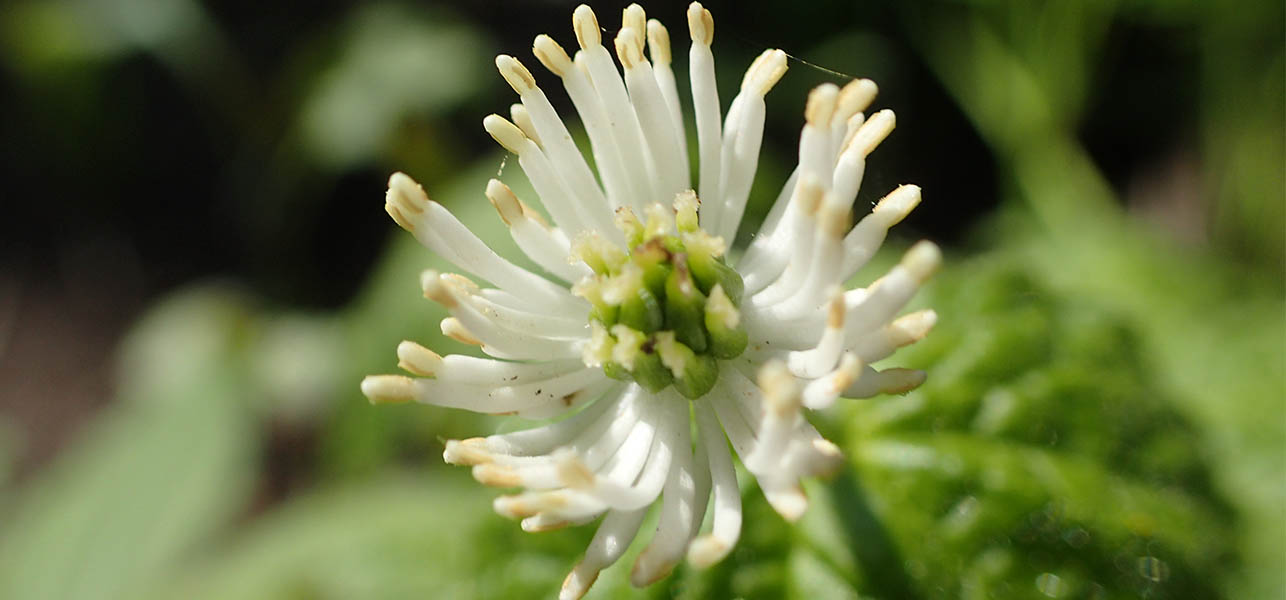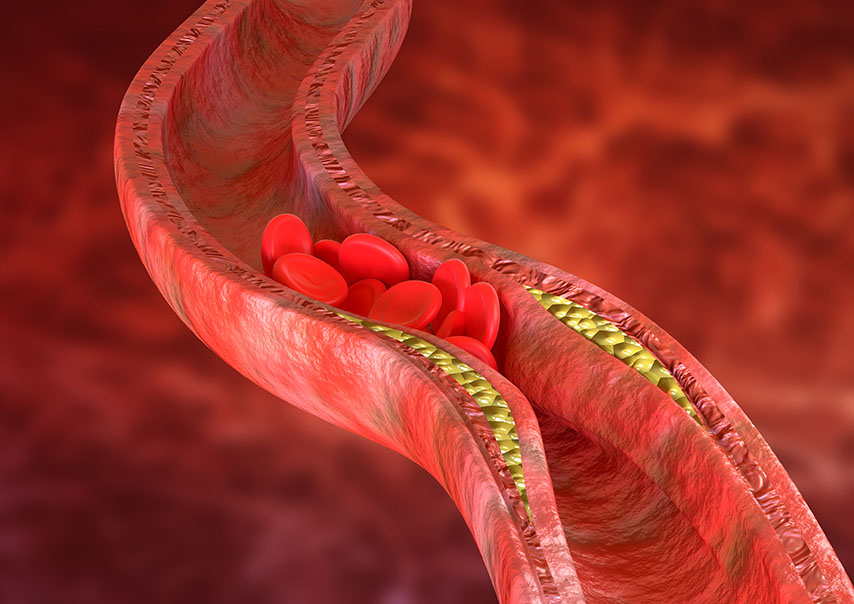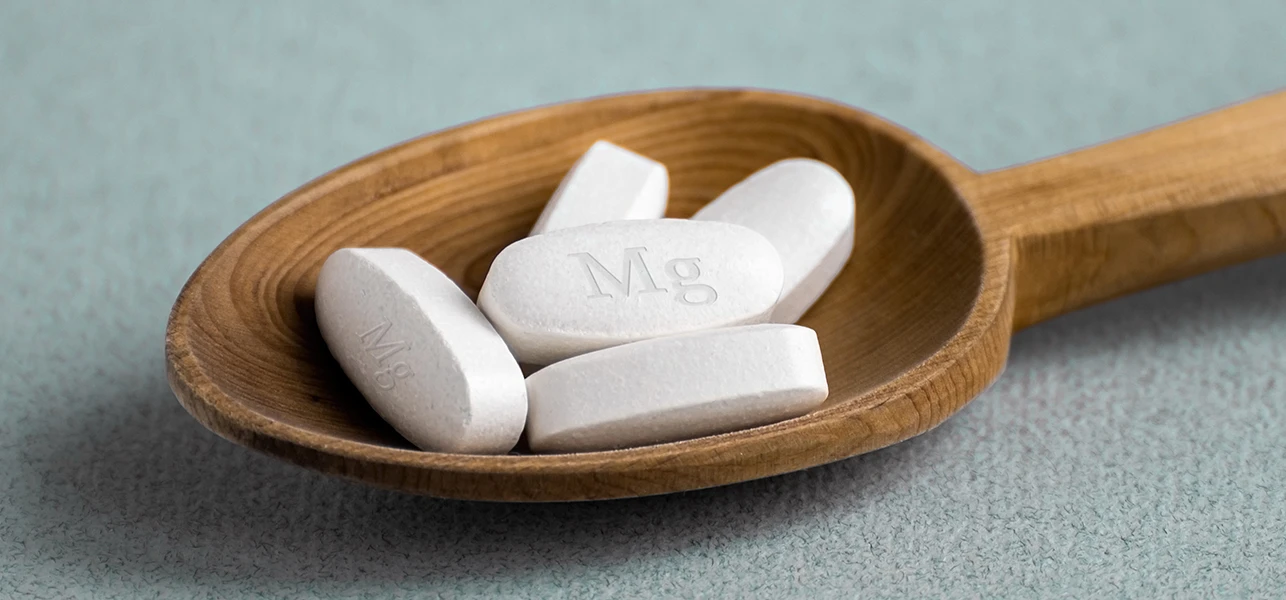Goldenseal Benefits: Should You Start Taking It?

Goldenseal is a herb commonly found in supplements in the US. It comes from the buttercup family, and the dried root is the most-used part of the plant in supplementation.
Goldenseal is thought to have many health benefits and is usually found in herbal supplement products that treat upper respiratory tract infections like the common cold.
While goldenseal is used in natural supplements because of these claimed health benefits, very little scientific evidence exists to back them up.
In this article, we will be looking at what goldenseal is, how taking goldenseal supplements can benefit your health, and what the other uses of goldenseal are. Keep reading now to learn more.
What Is Goldenseal?
Goldenseal, or Hydrastis Canadensis, is a perennial herb that forms part of the buttercup family. It is native to North America and can be traced through traditional and herbal medicine for generations. It is used to treat ailments that involve inflammation and infections.
Today, goldenseal is found in everything from supplements to teas to extracts. It is regularly recommended to treat conditions like the common cold, skin disorders, skin wounds, problems with the digestive system, and allergy relief remedies.
The active compound in goldenseal is berberine. Berberine is a yellow-colored chemical, and berberine-containing herbs are thought to benefit health conditions including depression, cancer, heart failure, and infections.
8 Astounding Goldenseal Benefits
Goldenseal may come with a range of benefits. Below, we have summarized each of these. Take a look to learn more.
#1 Relieves heartburn and indigestion
Goldenseal is a standard herbal recommendation for digestive problems and may relieve the symptoms of heartburn and indigestion.
As a “bitter herb,” goldenseal is thought to stimulate the production of enzymes and stomach acid, readying the stomach for food and helping to make digestion smoother. It is also believed to balance the gut microbiome.
Additionally, the anti-inflammatory nature of goldenseal may help soothe the intestinal tract, relieving digestive problems like constipation, diarrhea, and bloating.

Advertisement
#2 Strengthens the immune system
As a common remedy for the cold and flu, goldenseal is well known for strengthening the immune system and helping fight infections, particularly those that affect the upper respiratory tract.
Berberine, the active plant compound in goldenseal, is known for its ability to treat infections. It has antibacterial, antifungal, and antiviral effects. In addition, when paired with echinacea, a plant commonly used in the traditional medicine of Native Americans, it is used to lower the risk of and treat common cold symptoms.
Berberine may also stimulate the immune system, triggering the release of macrophages, which help fight off infection in the body. It is believed to inhibit the ability of bacteria to attach to human cells.
#3 Has anti-inflammatory properties
Goldenseal may be an anti-inflammatory, making the herb a powerful remedy for inflammatory conditions.
Goldenseal is used to treat skin disorders that are inflammatory in origin, like psoriasis and acne. The herb’s antibacterial properties are also helpful for skin problems.
#4 Remedy for UTIs (urinary tract infections)
Goldenseal is a common herbal remedy for UTIs. One of the active compounds in goldenseal is thought to protect your body against both bacteria and fungi, which could prevent infection in the bladder’s walls.
Studies have shown that giving berberine-containing herbal mixtures could keep recurrent UTIs at bay, too, although human studies will be needed to prove its efficacy.
#5 Protects against tooth infections
Herbal combinations that include goldenseal may be able to keep bacteria away in the mouth. Goldenseal may reduce the growth rate of the bacteria that causes dental plaque and gingivitis.
In addition, goldenseal is anti-inflammatory and could soothe inflamed gums when used in toothpaste.
However, more research is still needed on the effects of goldenseal on oral health.
#6 Lowers bad cholesterol levels
Animal studies have shown berberine to positively affect levels of LDL cholesterol, also known as the bad kind of cholesterol. Though berberine is a goldenseal component, the study did not use goldenseal itself.
Further research is needed to determine if goldenseal could have the same results, but the evidence is promising.

#7 Might be beneficial for people with diabetes
For those with type 2 diabetes, studies have shown that goldenseal could have a positive effect on blood sugar regulation.
A study suggested berberine could reduce blood sugar absorption from the gut, lower blood sugar levels, lower insulin resistance, and promote insulin secretion. This study also indicated that berberine could have the same efficacy as antidiabetic medications.
As in other studies, berberine has been used. This means that more scientific studies are needed to determine if goldenseal would have the same effect on type 2 diabetes.
#8 Natural remedy for seasonal allergies
Goldenseal is found in many natural remedies for hay fever and seasonal allergies. It may help reduce symptoms, like a sore throat, caused by these allergies.
Goldenseal’s effectiveness as an allergy remedy has not been proven by science. It has, however, been used in herbal medicine for centuries for this purpose.
Possible Goldenseal Uses
Goldenseal has been used for various purposes throughout the centuries. It is most commonly used to treat common cold and flu symptoms. It has antibacterial, antifungal, and antiviral properties that make it adept at treating other infections, like infectious diarrhea.
Some believe that goldenseal can be used to detox the body from harmful substances, like illegal drugs, and could help you pass a drug test. Evidence for this is minimal.
Goldenseal is found in capsules and tea designed to improve health and reduce inflammation. Medical expertise on its benefits is minimal, though.
Side Effects of Goldenseal
Goldenseal is considered a safe herb for human consumption. Goldenseal’s side effects are infrequent but can include vomiting, nausea, and reduced liver function.
Some goldenseal supplements may replace the herb with others, including yellow root, Chinese goldenseal, and Oregon grape root. These replacements do not have the same composition as goldenseal and may produce different results.
Goldenseal may interact with some medications. It may inhibit liver enzymes responsible for ridding the body of certain medications, including antidepressants. Anyone taking goldenseal should speak with their doctor about possible interactions with drugs.
FAQs
Goldenseal is considered a natural antibiotic. It is used to treat infections of the mucous membranes and has antibacterial, antiviral, and antifungal properties. Berberine, the active compound in goldenseal, is also thought to stimulate the release of macrophages. Macrophages are white blood cells that protect the body from infection.
Goldenseal is commonly used by those suffering from an illness in the upper respiratory tract. This could include the common cold and flu. It could also be taken by anyone experiencing a UTI or yeast infection and may be helpful for those with type 2 diabetes.
The use of goldenseal has been associated with cardiovascular actions, including increasing pressure in the blood vessels. For this reason, anyone with a heart condition or high blood pressure should only use goldenseal under supervision from their healthcare provider.
Goldenseal is known by many names, including yellow root, ground raspberry, and Indian turmeric; however, it has no relation to turmeric itself. Goldenseal is a herb from the buttercup family, whereas turmeric is a flowering plant from the ginger family.
A Word From Our Nutritionist
Herbal remedies are popular in the health and wellness industry because of their claimed benefits. Goldenseal has been used in Native American herbal medicine for centuries.
Goldenseal can be easily found in herbal preparation to treat the common cold. It is also championed for its anti-inflammatory, antibacterial, and antifungal properties that make it adept at treating infections.
While herbal remedies can sometimes have health benefits, they should not be used against professional medical advice. If you plan on using an herbal remedy, speak with your doctor about any drug interactions and risks before trying it out.
The active compound in goldenseal, berberine, has shown promise in many test tube studies; however, actual research on the benefits of goldenseal is limited. For this reason, you should always use it with care.
People who should not take goldenseal include pregnant women, breastfeeding women, and anyone taking medications goldenseal could interact with. Medications include those used to treat anxiety and depression, high blood pressure, asthma, and seizures. Speak with a doctor if you are unsure.
Conclusion
Natural herbal remedies can help boost your health. Goldenseal has been used for centuries for its health benefits, including its claimed ability to treat infections, digestive issues, and allergies.
Research is currently limited on the efficacy of goldenseal, so precaution should be taken before relying on it to treat infections. Always speak with a medical professional before using an herbal remedy.







Comments (0)